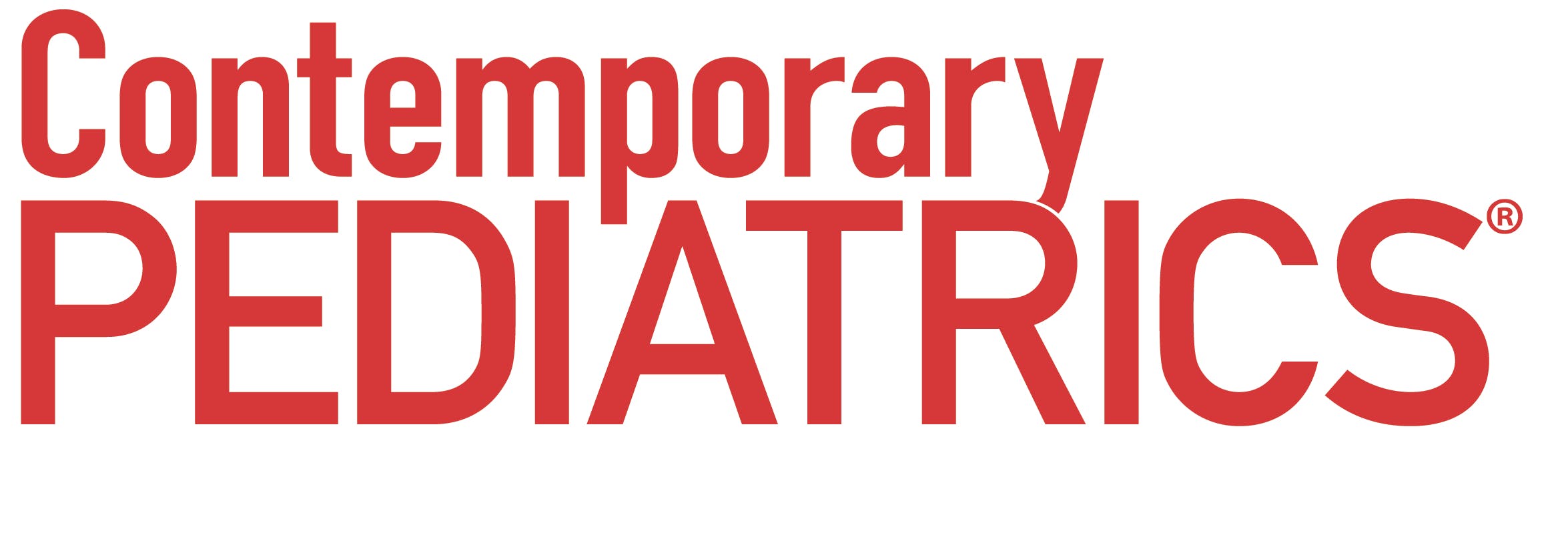Congress weighs expanded coverage for children
Update on renewal of the State Children's Health Insurance Program and a report on pediatric antibiotic use.
The State Children's Health Insurance Program (SCHIP) will expire September 30, 2007 unless Congress approves legislation reauthorizing this popular program, which offers health care services for children and some adults. The looming deadline puts this issue at the top of the Congressional agenda and right in the middle of the increasingly visible and contentious political debate on expanding health care coverage for the nation's uninsured.
Democrats want to boost SCHIP's budget by at least $10 billion a year ($50 billion over five years), which they claim is needed to maintain expanded coverage to more children and adults. The Bush administration has proposed to keep the program at its original $5 billion annual spending level, and veto an increase. This would keep the program targeted to children in families with annual incomes less than 200% of the federal poverty level (about $33,000 for a family of three). Many states already have expanded the program to cover more children and parents, moves that federal officials say only shifts people away from private coverage and extends the program beyond its original intent.
• State flexibility
As with Medicaid, SCHIP is financed jointly by the federal government and the states, but administered by states within broad federal guidelines. Since its establishment, the federal government has provided nearly $40 billion for the program, starting fairly low in its initial years as states slowly ramped up their coverage.
The program is particularly attractive to states because they have considerable flexibility in setting eligibility requirements and policies. States can either expand Medicaid to higher-income children, establish a separate SCHIP program, or use a combined approach.
States also have three years to spend their federal allotment, a situation that has encouraged them to ramp up programs to maximize available federal funds. About half of the states cover individuals in families above 200% of the federal poverty level. New Jersey even has a 350% coverage level.
Another attractive SCHIP feature for states is that the federal government covers a higher portion of program costs than for the regular Medicaid program. The federal matching rate averages about 70% for the children's program, compared to 57% on average for Medicaid.
By most measures, the program has been a great success in reducing the number of low-income children without health insurance. Analysis by the Congressional Budget Office (CBO) shows that the uninsurance rate for families between 100% and 200% of federal poverty level has dropped by one fourth over the past decade, from 22.5% in 1996 to 16.9% in 2005.
• Moving forward
The need to reauthorize SCHIP provides an opportunity to examine whether it should continue as a capped grant program with predetermined spending limits, or be come a more open-ended entitlement. CBO estimates that maintaining current state programs would cost about $35 billion for the next five years, and $80 billion through 2017. Resources would have to be in creased to the $50 to $60 billion level for the next five years to accommodate rising health care costs and expanding target populations. Among the range of options for revising the program, policymakers are considering proposals to:
A broad coalition of health care providers, insurers, pharmaceutical companies, and patient advocates support both SCHIP reauthorization and boosting the federal tax on tobacco to pay for it. Physicians, in particular, are looking for additional sources of revenue to avoid a planned cut in their Medicare payments, and managed care plans fear that some members of Congress want to finance expanded coverage by cutting rates for Medicare Advantage plans. In May, pharmaceutical companies launched a public service advertising campaign to support SCHIP reauthorization, perhaps to avoid curbs on the Medicare drug benefit or higher rebates to the Medicaid program.
Infant RSV hospitalization rates 28%, 43% lower this season vs pre-COVID seasons
May 9th 2025"These findings support Advisory Committee on Immunization Practices’ recommendations for maternal vaccination or nirsevimab to protect against severe RSV disease in infants," wrote the MMWR study investigators.


















